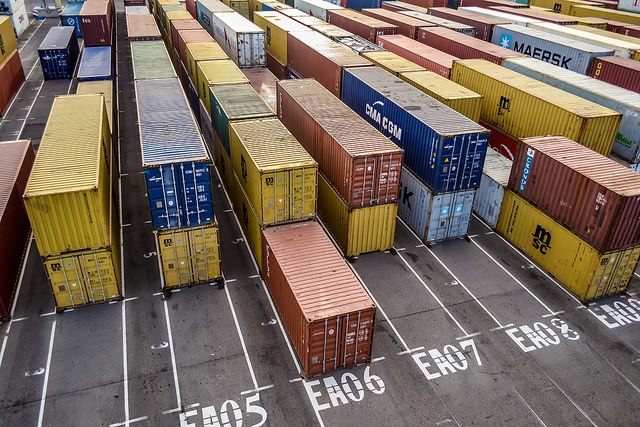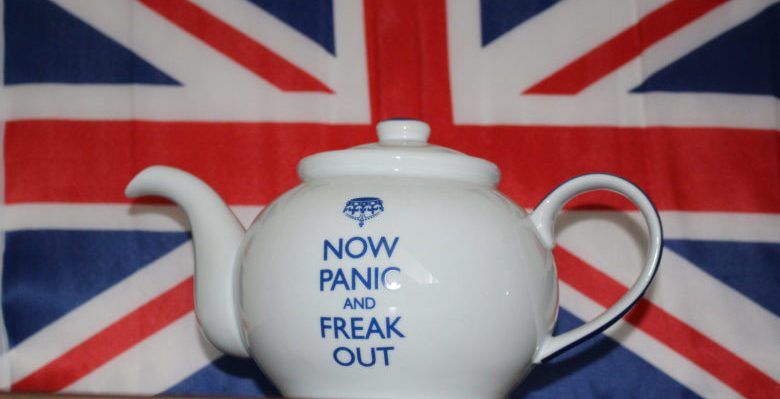As you probably know, the world woke up Friday morning to a stunning development – The UK had voted to leave the European Union. While many polls had shown the race to be close, nearly every “expert” had predicted that “stay” would eek out a victory.
Well, that didn’t happen.
As a result, world markets have gone into a tailspin as investors are scared by the uncertainty – what happens next?
For those of you that don’t know, “Brexit” was the nickname given to the British vote to leave the European Union. To the uninitiated this might seem meaningless, but it has widespread implications.
It’s important to note that just because “Brexit” was voted on doesn’t mean that they will be leaving the EU tomorrow. In reality, the vote needs to be affirmed by parliament. After that, how long it will take until they fully leave is anyone’s guess, as this is an unprecedented occurrence.
Brexit affects nearly every business, including shipping; especially shipping.
Currency Arbitrage Will Benefit Foreign Consumers

As a result of Brexit, money markets went into chaos. One commodity that was most impact was the British Pound Sterling, which at one point was at a 35 year low compared to the dollar. While the Euro also crashed, currencies outside the Eurozone and UK were not as affected.
Due to this result, shipping companies in the UK that take payment in pounds, if they do not raise their prices, will seem desirable to foreign buyers. The reason being that international currencies will have greater purchasing power.
Additionally, the same arbitrage might cause foreign consumers to purchase British products and have them shipped abroad since their currency will have greater value.
UK Exports to Europe Will be Affected
One of the main tenants of the Eurozone was to have free trade between member states. Though it has declined over the years, EU states make up 45% of British exports and removing itself from those free trade agreements would impose a tax on all goods exported to EU countries.
Additionally, while Britain was part of the Eurozone goods coming from the UK to any European country were considered as domestic shipping and not subject to bureaucracy that shipments from non-Eurozone countries. Leaving the Eurozone would create more complications, slower delivery times, and higher costs for shipping.

Imports to the UK From Europe Vs. The Rest of the World
Similar to exporting goods, the import of goods and how they are shipped to the UK very well might change. Assuming that the free trade agreements that are in effect now are canceled, consumers in the UK will have to pay tariffs on goods from the Eurozone, which they hadn’t done before. This is likely to drive UK consumers to look to other countries outside Europe. In turn, shipping from these other countries to the UK will increase as EU trade decreases.
On source of goods that is bound to gain from Brexit is Asia. If the current free trade agreements with the EU are cancelled, the cheap goods from places like China are likely to seem more appealing to consumers. It’s likely that there will be many more goods shipped from Asia to the UK in the coming years.

More Domestic Shipping
Given all the uncertainty that has resulted from Brexit, as well as the value of the pound falling, it’s likely that we will see increased domestic activity from consumers within the UK. For the shipping industry, this will probably mean domestic shipping – Parcel and Package Services, Freight, and others – will increase in the short term.
Uncertainty Will Give Way to Stability
80% of the world markets exist outside Europe. At the moment it’s completely unknown nobody really knows how fast the changes will come and what the changes will be because the EU has no procedures for countries to exit; they have them for those that wish to entry,” Adami said. “We at the shipping industry do not know which chapters will be touched first, whether it will be transportation or transfer of payments.



